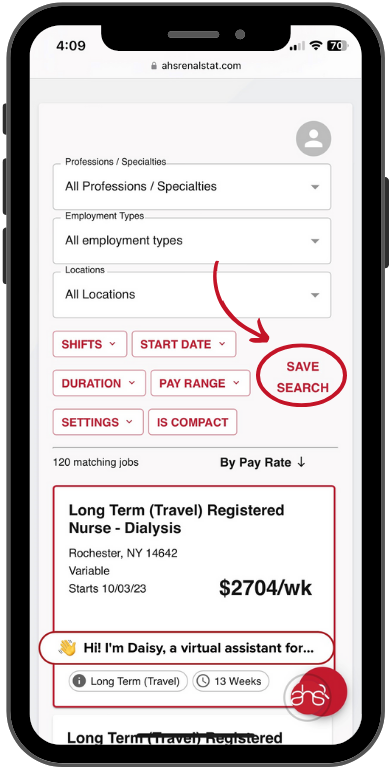According to a study released in the Journal of the American Medical Association (JAMA), among patients with end-stage renal disease (ESRD) undergoing living-related kidney transplants, the use of bone-marrow derived mesenchymal (cells that can differentiate into a variety of cell types) stem cells instead of antibody induction therapy resulted in a lower incidence of acute rejection, decreased risk of opportunistic infection, and better estimated kidney function at 1 year.
Induction therapy, routinely implemented in organ transplant procedures, consists of use of biologic agents to block early immune activation. New induction immunosuppressive protocols with increased efficacy and minimal adverse effects are desirable. “Antibody-based induction therapy plus calcineurin inhibitors (CNIs) reduce acute rejection rates in kidney recipients; however, opportunistic infections and toxic CNI effects remain challenging. Reportedly, mesenchymal stem cells (MSCs) have successfully treated graft-vs.-host disease,” according to background information in the article.
Jianming Tan, M.D., Ph.D., of Xiamen University, Fuzhou, China and colleagues examined the effect of autologous (derived from the same individual) MSC infusion as an alternative to anti-IL-2 receptor antibody for induction therapy in adults undergoing living-related donor kidney transplants. The randomized study included 159 patients. Patients were inoculated with marrow-derived autologous MSC at kidney reperfusion and two weeks later. Fifty-three patients received standard-dose and 52 patients received low-dose CNIs (80 percent of standard); 51 patients in the control group received anti-IL-2 receptor antibody plus standard-dose CNIs. ~RenalBusinessToday~


